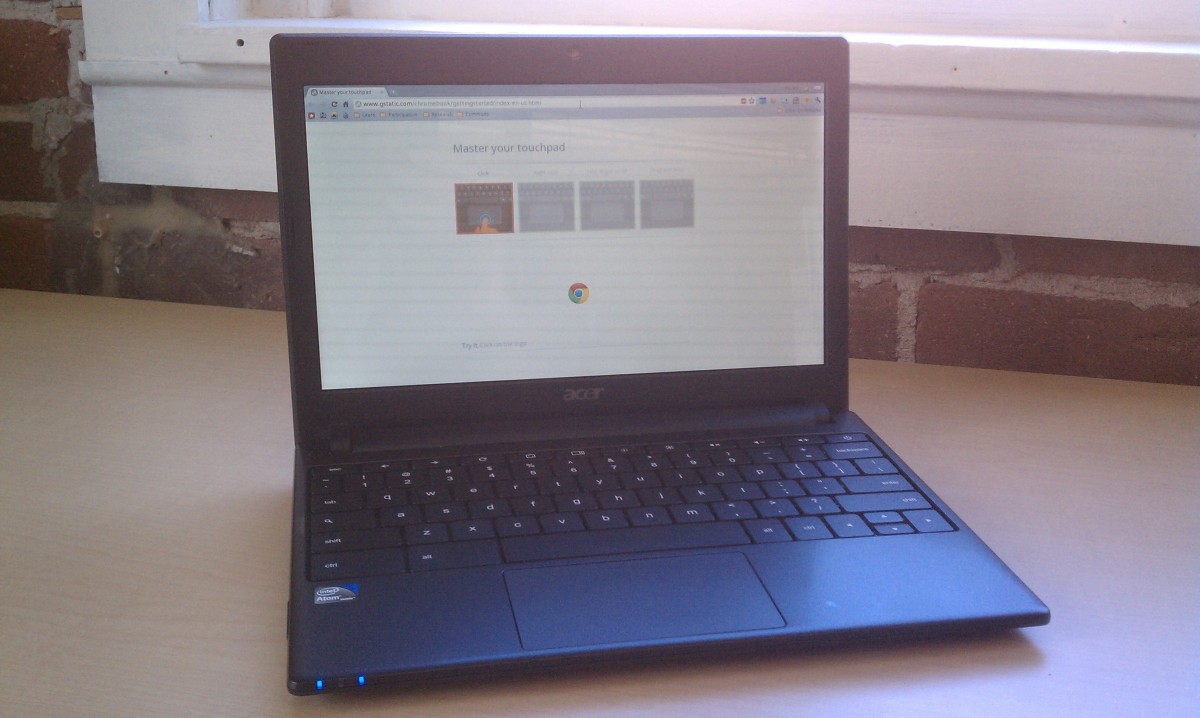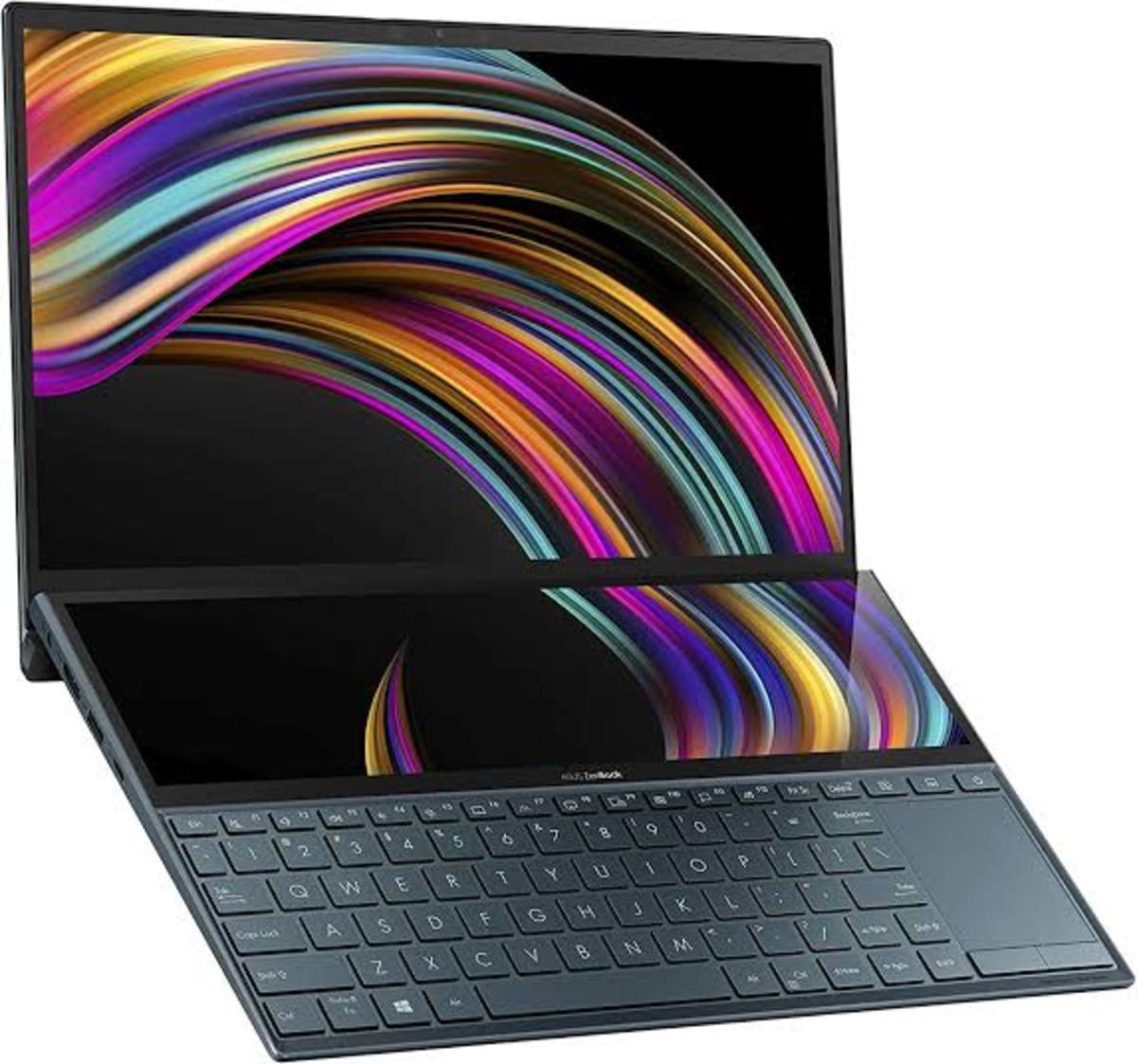Mini-computers vs. Desktops - Which Ones Are Better for High-Performance Computing?
Typical modern mini-computer

Mini-Computers or Desktop computers?
Contrary to what many people think, mini-computers have been around for several years and have evolved into a trustworthy and very efficient technology. Yet, high-performance computing is not limited to them; nowadays there are various alternatives to choose from, the most popular of which is conventional desktop machines. How do these compare to mini-computers? Let's find out.
As you probably know, desktop PCs have been around for a while, longer than any other sort of personal machine in fact. Over the past 30+ years they have diversified significantly, lending themselves for all types of use cases. The sort of desktops that are designed for high performance computing (e.g. professional data analytics work, video editing, gaming, etc.) definitely deliver what they promise and more. Yet, they are limited by the following shortcomings:
- High price. Conventional desktops are somewhat expensive. Being able to accommodate multiple hard disks, RAM chips, and all sorts of specialized cards, makes their motherboards bulky and pricey.
- Cumbersome size. Obviously desktops are quite large, making them difficult to move and often taking up a big component of a desk.
- High power consumption. Desktops are electricity hungry since they need to drive these cumbersome motherboards and oftentimes at least a couple of big fans too.
- Noise level. As a result of the aforementioned fans, desktops tend to be quite noisy.
So, although desktop PCs are quite capable of delivering high performance, this comes at a price, making them a not-so-appealing solution for many individuals, especially those on a budget.
Mini-computers, on the other hand, can cover the majority of all the above points and more. Specifically they are:
- Inexpensive. These PCs are as simple as it gets, making them efficient in every aspect. This translates to a lower cost, even with high-quality parts such as an solid-state disk hard disk. Today you can purchase a mini-computer for less than $400 at shops like TechnologyPoint.
- Compact in size. Using laptop technology, mini-computers can deliver a lot of computing power using very small parts. This makes them light, compact, and easy to move.
- Very ecological (low power consumption). Mini-PCs generally don't consume more than 20W, with most models' consumption being around 15W and a few of them as low as 12W. This equates to a tiny carbon footprint and a lot of savings on electricity over time.
- Quiet. Modern mini-PCs don't have any fans and their parts don't have any moving components, making them as quiet as your smartphone or tablet.
- Fast when it comes to storage memory. Mini-computers rely on solid-state disk storage memory which is the fastest storage available. This allows for fast overall performance and high reliability.
- Secure. Oftentimes mini-computers are mounted on monitors, usually hidden from plain sight. This, along with the fact that they are easy to place on a concealed location (e.g. inside a keyboard tray) makes them quite secure.
- Easy to upgrade. Mini-computers are just like desktops when it comes to upgrading. Just pop up the cover and change whatever part you want. Everything is merely a couple of screws away and upgrading doesn't require advanced training to accomplish.
All this makes mini-computers a excellent choice for high-performance computing and a excellent investment overall.
Consumption comparison between a mini computer and a conventional desktop one







